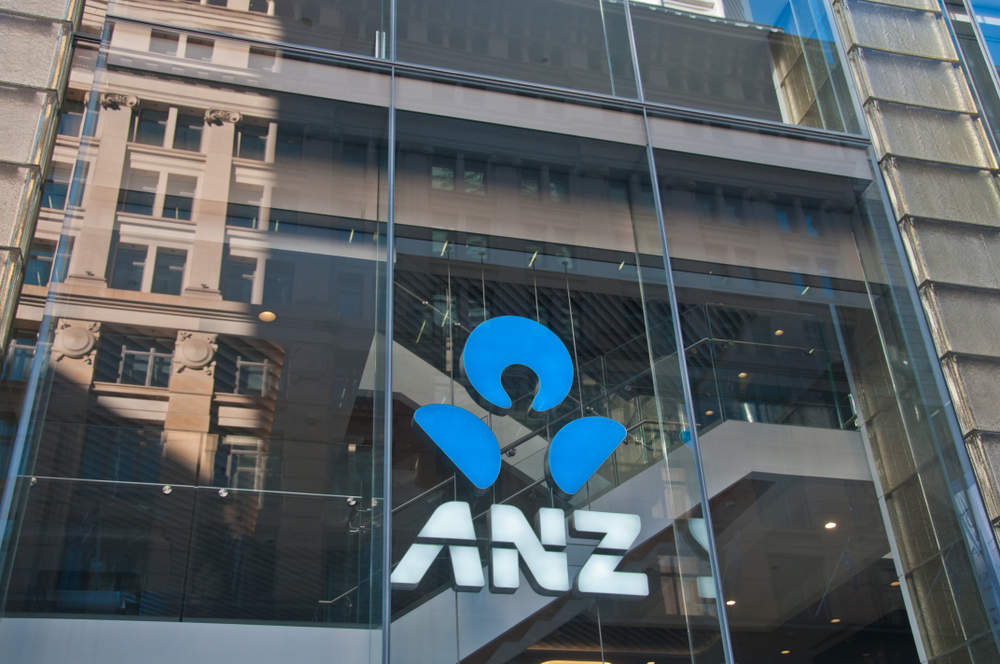
Australia and New Zealand Banking Group (ANZ) has reported a profit after tax of A$1.55bn for the half-year ended 31 March 2020, a plunge of 51% compared to A$3.17bn a year ago.
This plunge in net profit was driven chiefly by credit impairment charges of A$1.674bn that consisted of increased credit reserves for Covid-19 impacts of A$1.031bn.

Access deeper industry intelligence
Experience unmatched clarity with a single platform that combines unique data, AI, and human expertise.
The banking group’s cash profit (continuing basis) and earnings per share (EPS) each dropped 60% to $1.41bn and $0.50 respectively, compared to the same quarter last year.
ANZ said that return on equity declined to 4.7% from 12% in the year period.
Furthermore, ANZ’s Board has decided to defer payout of interim dividend for 2020 until it achieves better clarity on the economic impact of Covid-19.
ANZ chairman David Gonski said: “The Board agrees with the regulator’s guidance that deferring a decision on the 2020 interim dividend is prudent given the present economic uncertainty and that making a decision at this time would not have been appropriate.

US Tariffs are shifting - will you react or anticipate?
Don’t let policy changes catch you off guard. Stay proactive with real-time data and expert analysis.
By GlobalData“This was a very difficult decision and the Board considered all options available as we understand the impact this will have on those shareholders who rely on dividends.”
The bank’s Common Equity Tier 1 (CET1) capital ratio stood at 10.8% at the end of March 2020.
Commenting on the financial performance, ANZ CEO Shayne Elliott said: “This was a reasonable result given the tough trading conditions being experienced before the crisis hit.
“We maintained our focus on productivity and continued to target balance sheet growth in our preferred segments.
“Loan losses heading into March were at historically low-levels and we are well-positioned to manage the higher credit charges taken as a result of Covid-19.”







